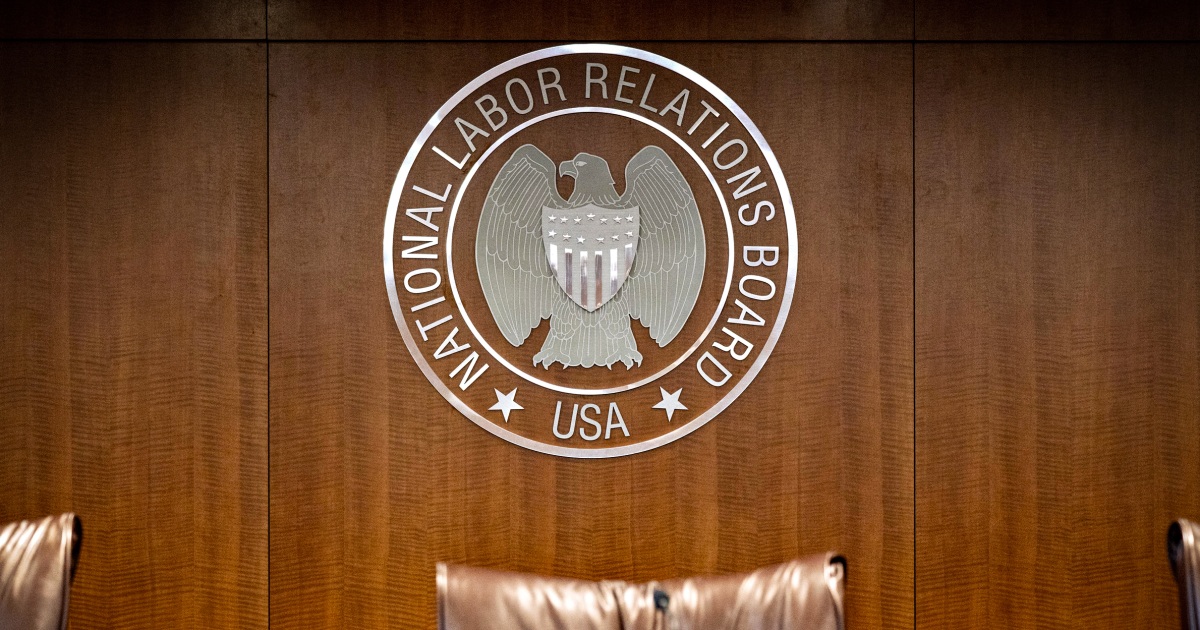Key takeaways:
- U.S. District Judge Beryl Howell ruled against the dismissal of Gwynne Wilcox from the National Labor Relations Board by former President Donald Trump, declaring the firing unlawful and ordering her reinstatement.
- Judge Howell’s decision emphasized the limitations of presidential authority under Article II of the U.S. Constitution, highlighting the importance of checks and balances, especially concerning appointments and dismissals in independent agencies like the NLRB.
- The ruling underscored the historical context and evolution of the NLRB and critiqued the unitary executive theory, warning against an expansive interpretation that could lead to executive overreach, while marking a significant moment in the discussion of presidential powers and agency independence.
In a recent legal development, U.S. District Judge Beryl Howell ruled against the dismissal of Gwynne Wilcox from the National Labor Relations Board (NLRB) by former President Donald Trump. The decision, issued on Thursday, declared the firing unlawful and mandated Wilcox’s reinstatement. Judge Howell’s opinion criticized the former president’s approach to expanding executive power, particularly in relation to the unitary executive theory, which suggests that the president should have direct control over the entire executive branch.
Judge Howell’s ruling emphasized the limitations of presidential authority under Article II of the U.S. Constitution. She noted that the president does not possess the unilateral power to remove members of the NLRB at will. This decision underscores the importance of maintaining checks and balances within the federal government, particularly concerning appointments and dismissals in independent agencies like the NLRB.
The case highlighted the historical context and evolution of the NLRB, an agency responsible for enforcing labor laws and protecting workers’ rights. Judge Howell’s opinion delved into the origins of the unitary executive theory, which has been a point of contention in discussions about presidential powers. Her ruling suggests that adopting an expansive interpretation of this theory could lead to an overreach of executive authority, contrary to constitutional principles.
Gwynne Wilcox, the first Black woman to serve on the NLRB, was at the center of this legal battle. Her reinstatement marks a significant moment in the ongoing discourse about the scope of presidential powers and the independence of federal agencies. The decision serves as a reminder of the judiciary’s role in interpreting the Constitution and ensuring that executive actions align with established legal frameworks.



Be First to Comment